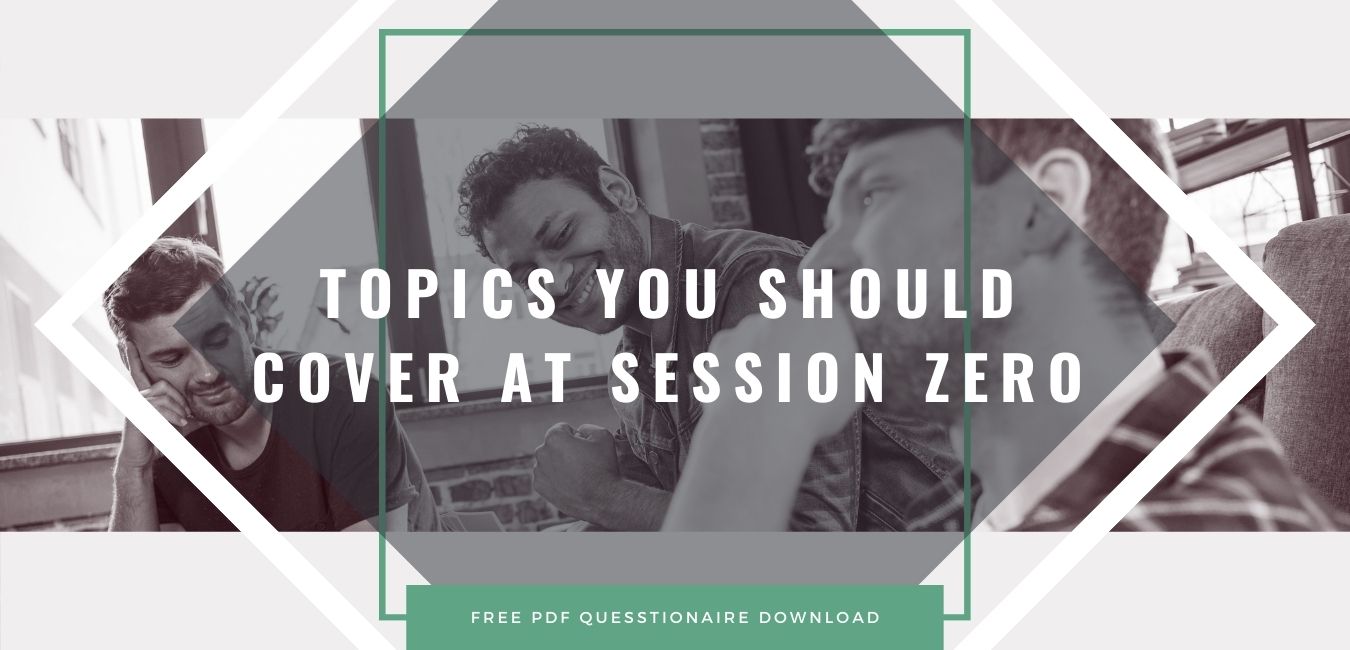
Session Zero - Topics You Should Cover
Kylie DeWitt
You've bought the books, read over the campaign module, and gathered the party. Now, how do you start playing D&D? The best way to start playing dungeons and dragons is to start with a session zero. In this article, we'll cover what it is and what to include in your session zero.
What is Session Zero?
Session zero is a session where you don't play Dungeons & Dragons. This session can be before you start a campaign or at any time throughout the campaign. You can use it as a check in with your players. This allows the DM and the players to discuss expectations, campaign story, and more. It's a great first step before reaching the table.
This is also the perfect time to create characters for the campaign ahead. Session Zero is one of the many tools in the DM's belt. It helps the DM provide an interesting game for all their players. Your goal at session zero is to get everyone on the same page. We've compiled a list of what to include in your Session Zero.
Player Introductions
Whether you're playing for the first time or the 100th, session zero is a great time to introduce new friends to the group. Allow your players to go around and introduce themselves. What is their experience with D&D? What are their player expectations? You might also consider playing a board game or other game to start a team-building exercise.
We also recommend asking the following. You can do this at the table, or have players fill out a questionnaire. We designed our own questionnaire and listed it on Ko-Fi! You can download it here. Feel free to print and use this at your session zero!
-
What is your experience with D&D?
-
Which aspect of D&D is most appealing to you? Combat? Roleplaying? Storybuilding? Treasure?
-
Do you have any goals as a player? What are they?
-
Is there anything about D&D that makes you uncomfortable?
With these answers in hand, it's time to talk about table expectations.
Table Rules & Expectations
Session Zero is the perfect place to go over your expectations as a DM and your players' expectations. The following is a list of topics you may wish to cover in session zero. It is not all-inclusive, and you can add or remove as many of these topics as you wish, but this is a great starting point.
-
Is alcohol or drugs allowed at the table? While alcohol may give players the courage to roleplay, remember overindulgence can lend itself to the opposite.
-
Are cell phones and digital devices allowed? There are many online resources available to players, like D&D Beyond. So you may wish to limit cell phone use only if it distracts from the game itself. For instance, not accepting calls at the table.
-
Are real whole topics allowed at the table? Politics and religion are topics that can cause problems at normal social gatherings. A D&D game is no different. You may want to avoid them if you feel this will cause conflict between players.
-
How do players feel about in-game slavery? Rape? Sexual assault? Abuse? Attraction? Sexual orientation? Is it okay if it's in the past, or would players rather not discuss it at all? Consider adding an X-card for such situations. More details about that here!
-
What does scheduling look like? How often will you be meeting? What happens when someone doesn't show up? What happens if more than half can't make it?
-
Are unprompted dice rolls allowed? If a player rolls a nat 20 for perception before the DM asks, does it count? Or do you make them reroll?
-
Are you using minis or theater of the mind? Do players have to buy their own minis? Or will you allow them to use little paper pieces like in this "How to DM" video?
-
Is food allowed? Who brings snacks? Is it a rotation?
-
How long are sessions and when are breaks? Do you call it quits at midnight?
-
Are kids and pets allowed? Can kids play, or are they allowed to be around but not interact with the session? Can someone bring their dog to the house so they don't return home to a mess?
-
What level of metagaming is okay? How do you deal with metagaming?
-
Does the DM give out inspiration? When is it given and how are players allowed to use it?
Campaign Setting and World-building
With the pesky rules out of the way, it's time to give your players a rundown of the world. This is a great time to pull out the regional map. Discuss some common things that everyone should know about the world. Here are things you could cover when discussing the world of your campaign.
-
What races and classes are allowed?
-
Are you implementing any homebrew mods?
-
Is it a campaign or episodic?
-
How long do you predict the campaign running?
-
Is magic prevalent or scarce?
-
What town is the party starting in?
-
What is the town's government like?
-
What's law enforcement like?
-
Is it heavily populated or a small town?
-
What is it known for?
-
Can you share a world map?
-
Are there any cities that are well known to the players?
-
Any major events that the party is aware of?
You'll want to provide a summary of the world and the upcoming story. This will allow players to build characters that fit into the world. You don't need to describe every aspect of the world right now. You can always reach out to players later and provide them with what they know about certain towns. Or better yet, have them roll a history check!
Character Creation
Finally, what your players have been waiting for: Character Creation! Once the foundation for the world has been set, use session zero to build the player characters. Doing this together encourages a balanced party. It also gives the DM the ability to assist in building any characters for players who are new. There are a few things you'll want to go over with players as well, such as:
-
Starting Level - Starting at the 1st level can sometimes be a drag, but starting at too high a level will be overwhelming for players.
-
Leveling - Do players need to track experience? Or will characters level after completing milestones?
-
Backgrounds and Hooks - Many modules provide backgrounds and player hooks. Or you can create your own to get the party interested in the plot arc.
-
Feats - Are characters allowed to take feats? Are all the feats allowed or should they run them by you first?
-
Character Goals & Backstory - What are the goals and backstory of the characters? This may be something your player wishes to discuss with you in secret. A good backstory helps players roleplay. Be sure to encourage players to create comprehensive stories.
Download this Session Zero Guide for Free on Ko-Fi!
I compiled all this information as well as a couple of questionnaires to help you with session zero. You can download it on my ko-fi page here. It's completely free! I'm not even going to try to collect your email for it!
Now Play! Well... Sort of...
Your session zero is complete and you're ready to play. Mostly. While you could start playing immediately, I'd recommend waiting for the next session. This gives the Dungeon Master ample time to review all the information gathered. If they need to, they can make any needed adjustments to their campaign.
Session Zero is a great tool for dungeon masters. We hope this article helps you prepare for the best Dungeons and Dragons campaign ever! Check out more of our resources here. Let us know in the comments if there's anything you would have added!


